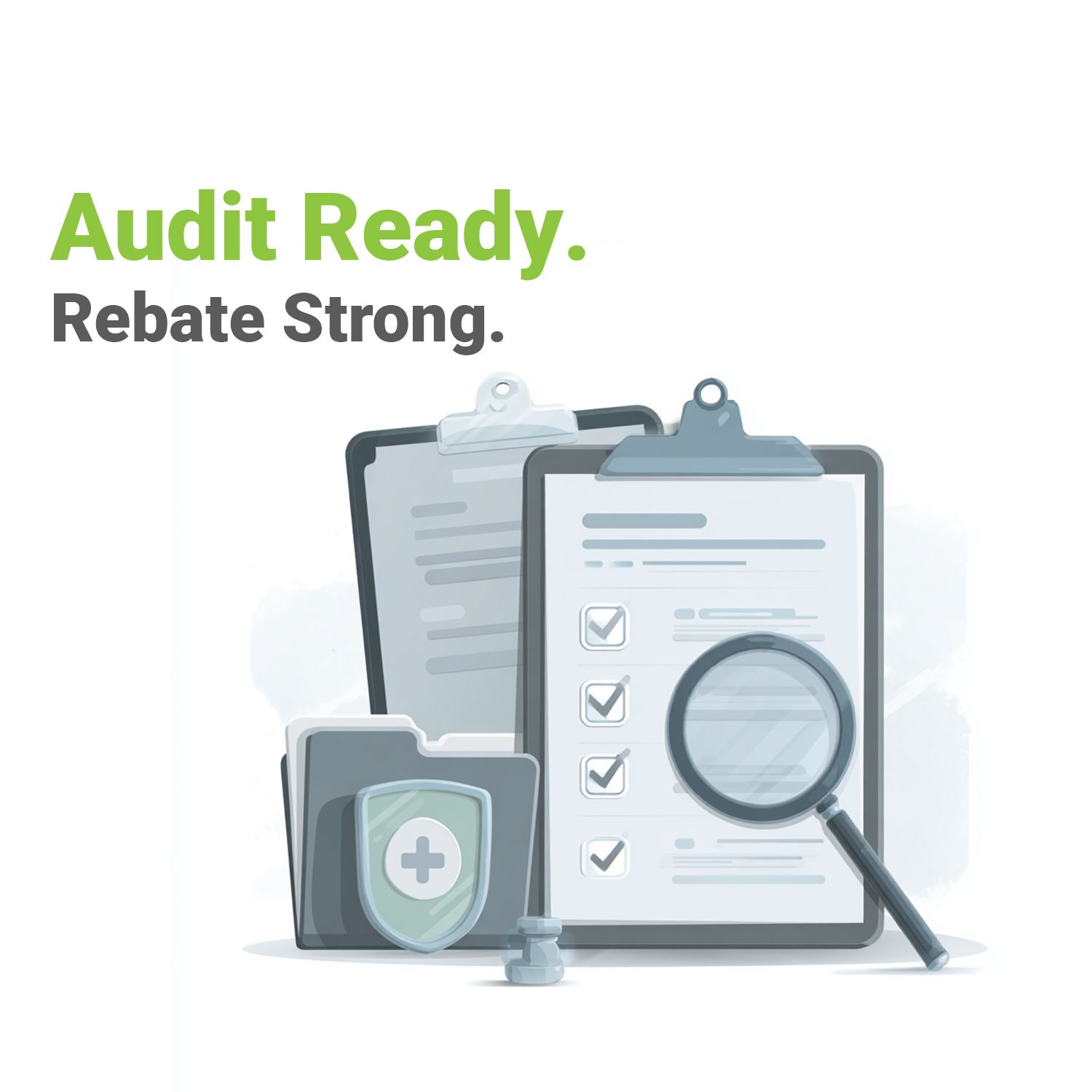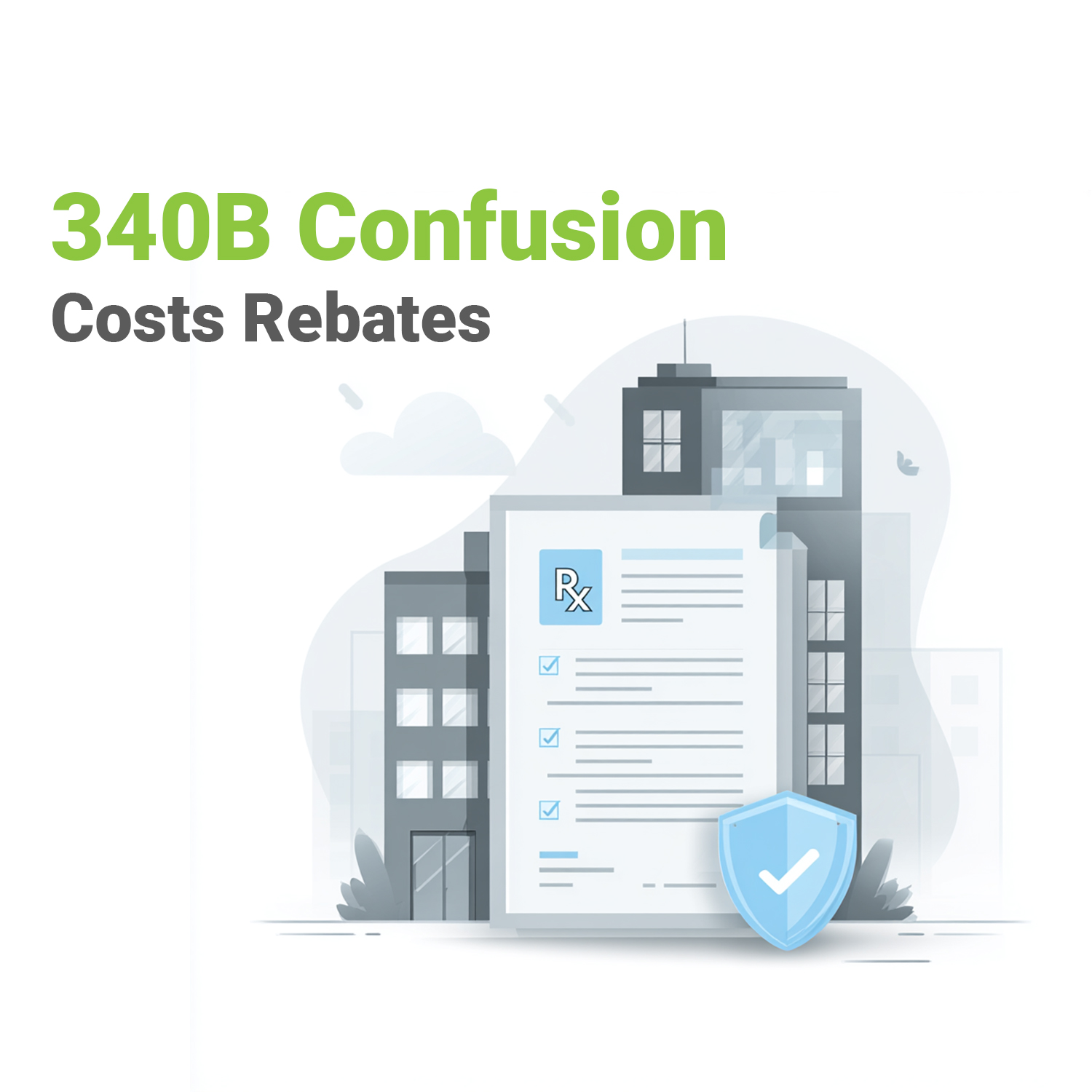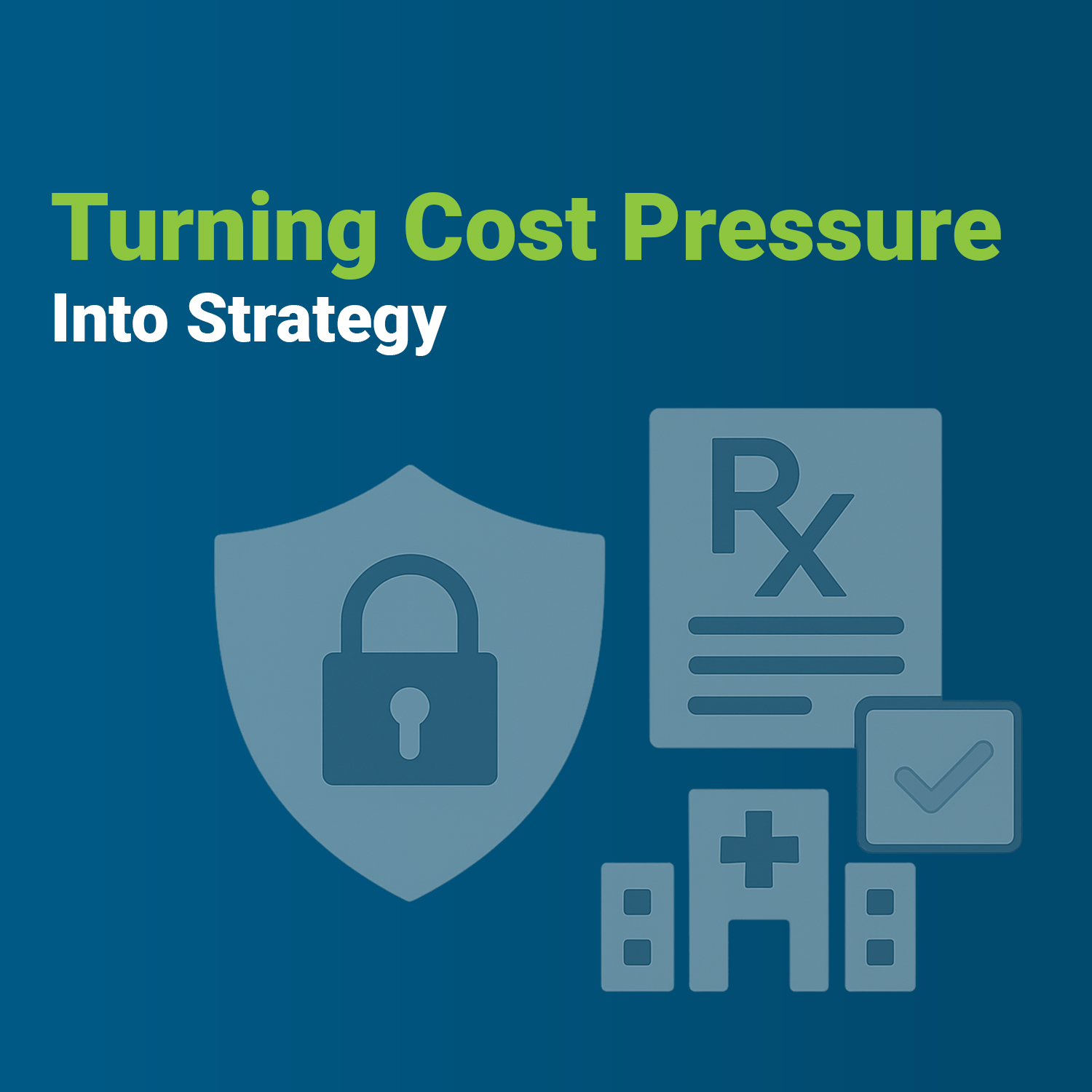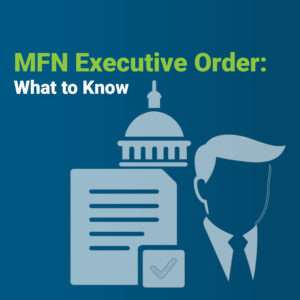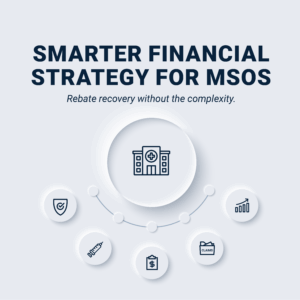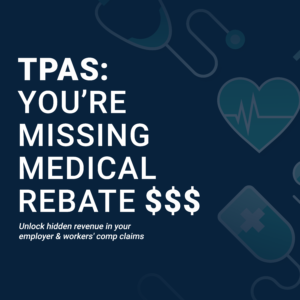Employers and their workers who use prescription drug insurance will eventually ask a similar question: Can increasingly popular prescription drug discount cards be used by people who already have a prescription benefit?
The answer is yes, but with an important qualification.
Here’s how you can use a prescription discount card even if you have insurance
First, the yes. There’s nothing stopping anyone — regardless of whether or not they have insurance — from using such prescription discount drug plans as GoodRx. It’s completely allowed and legal. A covered person is not doing anything shady by using a discount card.
But there’s one important step covered patients need to take to make sure that they get the discount they expect: Be sure to let the pharmacist know that you’re not using your insurance for that particular transaction. Because insurance and discount cards can’t be combined in almost all cases. If you want the discount, don’t use the insurance.
And, of course, only do this if the discount will get you a lower out-of-pocket cost than using your insurance.
The hidden cost of a prescription discount card: it slows payment of your deductible
Also, be aware that going outside your prescription plan for certain medicines could make your out-of-pocket cost for other medicines higher for longer if you have a plan that has a deductible you must meet before full benefits kick in. The purchase with a discount card generally does not count toward your deductible.
Discount cards can help cut costs on OTC drugs
There’s one other area where discount drugs can save you money – drugs you normally buy over-the-counter (OTC) without a prescription.
We spoke recently with one patient who takes Omeprazole for GERD on a daily basis. He was buying his pills at Target, where a 42-day supply cost $14.99. His doctor made him aware of a prescription discount card that would allow him to buy a 90-day supply for $9.00. That’s a significant savings by getting OTC medicine through a prescription.
Other patients report similar savings on other drugs.
Rules for discount cards to keep in mind
To summarize, for benefits administrators and their members who may ask about prescription discount cards:
- You can use a discount card, even if you have insurance.
- You can’t combine discounts with your normal insurance. You must choose one or the other.
- You need to be aware of the effect that going “off plan” for certain drugs can have on when you reach your deductible, if you have one.
Photo: GoodRx press kit
